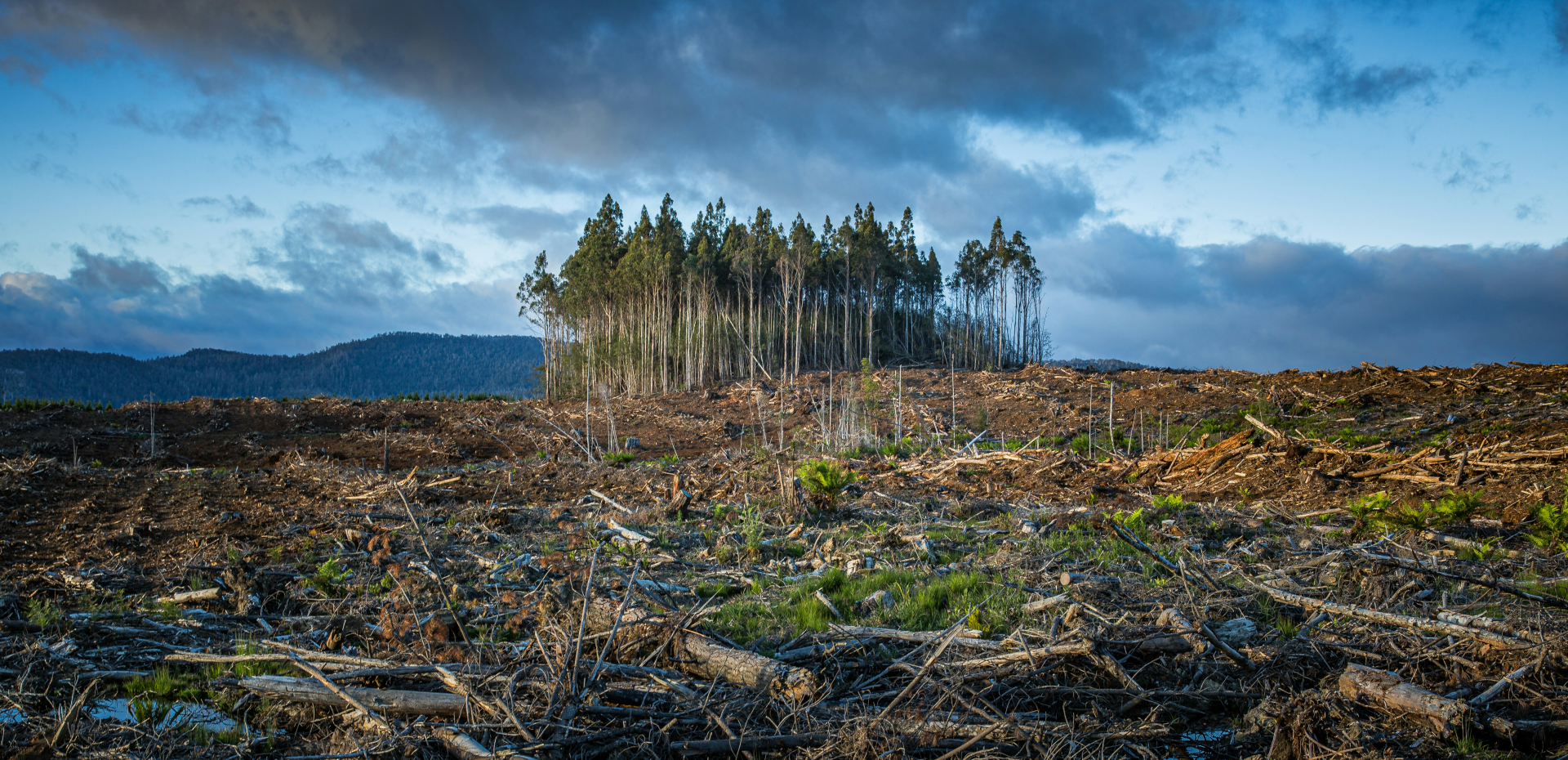Addressing Former President Trump’s Legacy
Bequeathing a legacy typically implies strengthening existing tenets further, cementing the human capital base and ensuring wider impact. All leaders of nations, towns, villages, and enterprises leave legacy decisions, some of which might be less than desired by incoming leaders. What were the good decisions of the Trump era, and the less good? How may the effects of the less good be mitigated and by when? How to guard against knee-jerk reactions after changes of leaderships?
Horasis is organizing the Horasis USA Meeting on 04 March 2022 to examine and evaluate such issues. The one-day virtual event will see participation from a diverse range of people, spanning members of governments, businesses, academia, and the media. The goal is to deliberate on pressing issues that undermine progress and arrive at actionable solutions that can ensure shared prosperity.
The Trump Administration’s Positive Policymaking
Financial crimes were a major concern for US policymakers. There were concrete efforts needed to stem the flow of funds to extremists, criminals, and drug traffickers. On this front, the Trump administration enacted a major reform. The National Defense Authorization Act was drafted and passed, a clear signal that both the Republicans and the Democrats were in agreement of its need. Among other restructurings, the act requires all organizations to furnish accounts of who their true owners were.
Prior to this legislation, it was not uncommon to use shell companies to mask the true identities of people who owned certain firms. As intended, this law dealt a severe blow to money laundering and tax evasion. A further pressing issue, that was also addressed, is the act now allows prosecutors to follow a clearly established trail when irregularities are reported.
A second key area where the Trump administration’s legacy will remain strong is among farmers. For years on end, US farmers were faced with a two-pronged problem – of falling prices for their produce and shrinking foreign markets that they could export to. In a bid to bolster the agriculture segment, President Trump directed billions of dollars in assistance programs.
The US Department of Agriculture earmarked US$14.5 billion for direct transfers to farmers, in 2019. The exact pay out would be based on the size of their land holdings and would be disbursed over three instalments. Over the course of the first instalment, farmers were to receive a minimum of US$15 per acre, and up to a maximum of US$150 per acre.
However, the trade and tech conflict with China—that was sparked during the Trump era—was a leading contributor to farmers’ woes and especially for the dairy segment. Dairy farmers had earlier benefitted from strong exports to China. But amid the US-China trade conflict, dairy farmers were scrambling to find new export markets.
The Less-Than-Ideal Policies
From an environmental standpoint, the Trump administration framed policies that undid years of gains. It relaxed the earlier stringent emissions norms on oil and gas companies, especially in terms of permissible limits for methane gas emissions.
Methane is considered a direct contributor to global warming. And despite repeated calls to arrest climate change, the Trump administration’s stance was an unpleasant surprise. While it would seem that oil and gas companies would have hailed this decision—to roll back emissions parameters—as a “major victory” for their shareholders, the reverse was true. Oil companies such as Shell and BP were vocal in expressing their disagreement with the relaxed standards.
But this was only the first major environmental setback. A further regressive policy was the decision to roll back on automotive emission targets. The Obama administration had prioritized on setting an annual 5% improvement in auto emissions. The Trump administration, meanwhile, rolled back the target to only 1.5%. A direct consequence has been a slower-than-expected adoption of electric vehicles in the country.
The US’ decision to distance itself from climate change frameworks was in stark contrast to the stance adopted by China and European states. It has meant that global leadership in combatting climate change is now led by Europe.
Harmonizing Policymaking Across Successive Administrations
There is substantial loss in time and effort with one administration instituting certain policies and another repealing or rolling them back. Any legislation passed is the outcome of consensus and should, therefore, be allowed to run its course rather than be met with abrupt changes.
Policymaking in spheres such as climate change perhaps demand bolstering in a manner that safeguards them from being trivialized or reduced in scope. Global warming, in particular, is a serious threat and it must be accorded equal weightage by all leaders globally.
In sum, leaving a legacy implies the passing down of organized traditions or practices from one generation to another, or from one administration to the next. It is typically associated with positive attributes, and polar opposites to this trend, must be discouraged.
Photo Caption: A file photo of the former President and Vice President of the United States.



